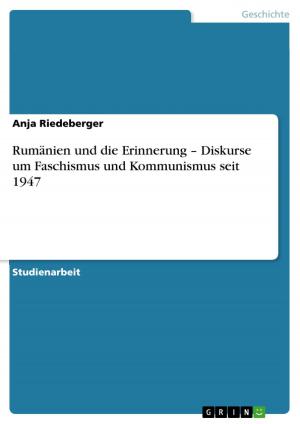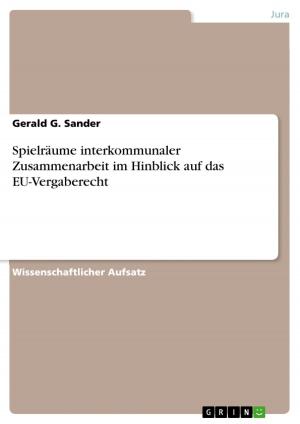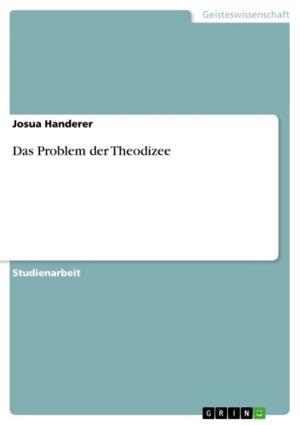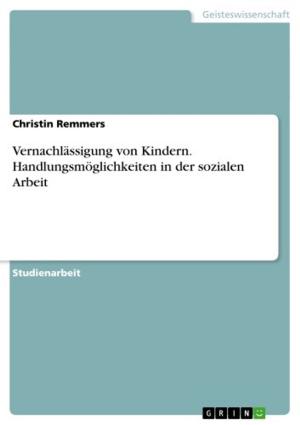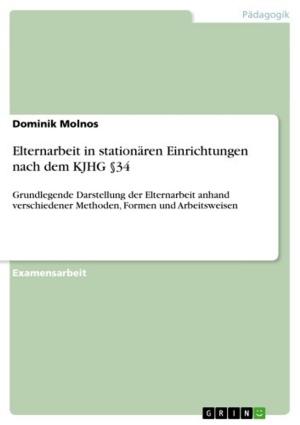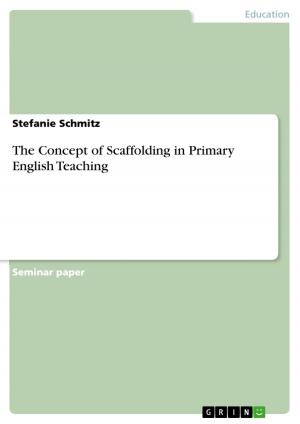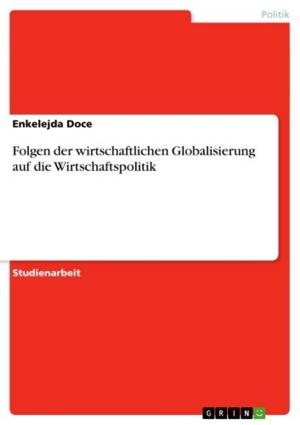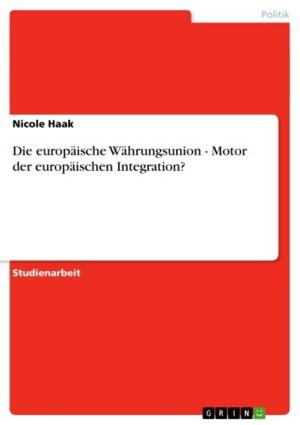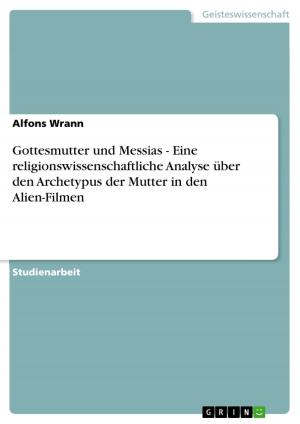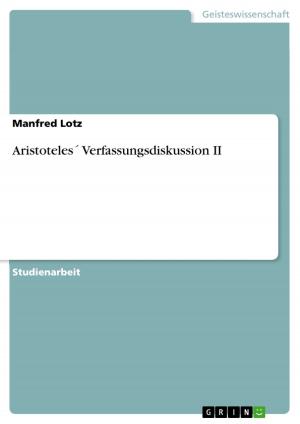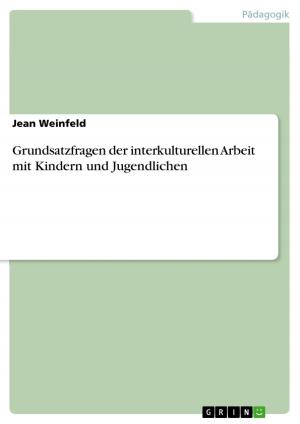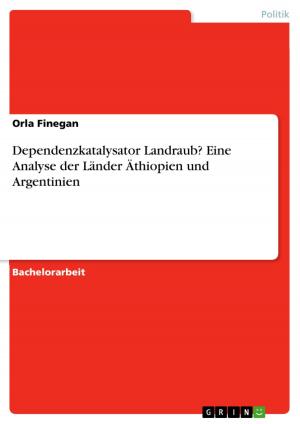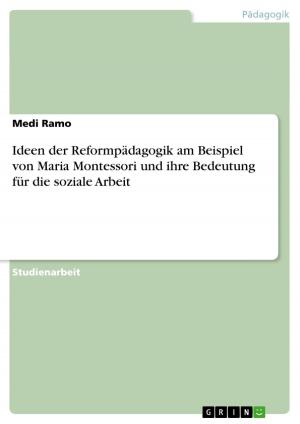Can the term 'early modern' be used to describe Chinese history?
Nonfiction, Reference & Language, Foreign Languages, Chinese| Author: | Tony Buchwald | ISBN: | 9783656671886 |
| Publisher: | GRIN Verlag | Publication: | June 13, 2014 |
| Imprint: | GRIN Verlag | Language: | English |
| Author: | Tony Buchwald |
| ISBN: | 9783656671886 |
| Publisher: | GRIN Verlag |
| Publication: | June 13, 2014 |
| Imprint: | GRIN Verlag |
| Language: | English |
Academic Paper from the year 2013 in the subject Orientalism / Sinology - Chinese / China, grade: 1,3, School of Oriental and African Studies, University of London, course: Late Imperial China - Culture, Politics, History, language: English, abstract: 'Early modernity' is a concept of ambiguity in historiographic scholarship and has been a topic for discussion for several decades. Søren Clausen discussed the term in regard to China in his paper, Early Modern China - A Preliminary Postmortem. For Clausen, the search for a terminology describing an 'early modern China' emerged from the urge to incorporate China into a world history, whose importance he stresses in his introductory sentence: 'A world that is increasingly becoming 'one world' needs a world history' . What he also did was to recap the influence other historians had on the discussion during the 1980s and 90s, which are partially also addressed in the paper.
Academic Paper from the year 2013 in the subject Orientalism / Sinology - Chinese / China, grade: 1,3, School of Oriental and African Studies, University of London, course: Late Imperial China - Culture, Politics, History, language: English, abstract: 'Early modernity' is a concept of ambiguity in historiographic scholarship and has been a topic for discussion for several decades. Søren Clausen discussed the term in regard to China in his paper, Early Modern China - A Preliminary Postmortem. For Clausen, the search for a terminology describing an 'early modern China' emerged from the urge to incorporate China into a world history, whose importance he stresses in his introductory sentence: 'A world that is increasingly becoming 'one world' needs a world history' . What he also did was to recap the influence other historians had on the discussion during the 1980s and 90s, which are partially also addressed in the paper.

